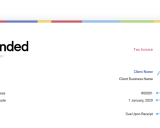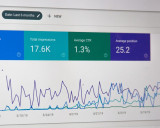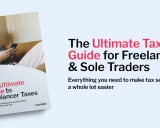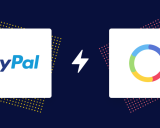
Inside a startup during the early days of COVID-19
Over the past 10 weeks, we’ve seen broad-scale and often tragic impacts of the COVID-19 pandemic. Australia has dealt with containing the spread of the virus better than any country in the world but it’s still touched all of us in some way and life has undoubtedly changed forever.
Article contents
− +
As we look forward to better days and the re-opening of the economy I have reflected on the decisions we made to help navigate Rounded through uncharted waters.
That Rounded has, so far, weathered the storm suggests we got some things right. What follows is an insight into the first 2-3 weeks of shut down and what went on inside our company during those early days.
Planning for the unknown
In the beginning, there was massive uncertainty about how things would play out but it was clear we had to completely re-evaluate our operating priorities in order to safeguard the business.
As a management team we quickly agreed on some non-negotiable principles to help guide our decision making:
The health and well-being of ourselves, our employees and our families would not be compromised in any way for the sake of the business.
High-quality user experience with responsive support was still the most important thing we could give our customers.
Business-critical services, which included employee wages, would be given priority over all else.
The first decision we made was everyone would work from home. Once we had worked through two office closures the next step was a deep dive into our financials.
We analysed every single item of expenditure. All discretionary spend was removed and all non-business-critical projects stopped in order to create a financial buffer. This buffer would take on added importance as we eventually realised we would not be eligible to apply for government assistance as a business.
Once that had been done, Nick our CEO and Trevor our CFO, set about recutting the budget and cash-flow forecasts based on the information we had at hand. At that stage there was some educated guesswork as we couldn’t predict what would happen. We also modelled a number of scenarios to help us prioritise additional budget cuts if revenue started, or continued to fall.
The process of envisioning and planning for large revenue decreases was confronting and sometimes unpleasant. However, that process gave us confidence we'd be prepared should a worst-case scenario eventuate.
We now meet formally, twice a week as a management team (via video conference of course) to review business performance and actuals vs budgets. These meetings, in addition to the slack chats and daily ad hoc sharing of information gives us the granular level of detail we need to know exactly what’s happening with the business hour by hour.
It could be argued this level of detail is overkill and under normal circumstances it might be. But just like our planning process it gives us comfort that we are leaving no stone unturned when it comes to making informed decisions and monitoring business performance.
On a side note we are fortunate to have been the beneficiaries of generosity and empathy from some of our most important suppliers. We’d like to acknowledge the flexibility and understanding of Intercom, Illion Open Data Solutions and Heroku in assisting us through this time.

Evolving customer stories
All of our users run their own business. Graphic designers, landscapers, online retailers, chefs, photographers, tradies, personal trainers, consultants, celebrants and journalists to name a few all run their business on Rounded. It’s hugely diverse and for that reason it was impossible to predict the broader impact on our customers.
It quickly became apparent the impact would differ depending on the industry. Unfortunately, we saw the immediate effect in the hospitality, arts/entertainment and photography industries. We heard stories of work evaporating overnight and businesses being placed into forced hibernation. It was heartbreaking and frequently emotional talking to those customers. We sincerely hope they will be able to get their businesses back up and running in the near future.
In other industries the impact was different and as information about government stimulus packages was released, we noticed customer conversations and usage patterns changing.
In many cases, the emphasis changed from entering new data to reviewing and updating historical data. Queries about running reports and extracting data from the app became more frequent along with a huge increase in customers sharing data with their accountants.
At first we were concerned customers were preparing to extract their data to pause or cancel their subscriptions. We eventually realised this behaviour was due to customers preparing their data to submit as part of applying for government assistance packages.
This was a great lesson in reminding us to listen even more carefully to our customer stories. It’s easy to fall into the trap of having a largely subjective/internal vision of your value proposition. Customers can often have an entirely different perception of that value. Additionally, customer perception can and will change quickly due to external factors.
Listening carefully to customers helped us to understand their changing perception and in turn altered our internal view. As a result, we re-evaluated our product roadmap and made some changes to prioritise projects which would help us to address this new customer reality.
It’s also worth noting we heard many stories of defiance, of refusing to give in and of great hope there would eventually be light at the end of the tunnel. It was amazing to experience this positivity and resilience first hand. It gave us renewed energy and is testimony to the “never say die” attitude of freelancers and sole traders all over the world.
Communication
We’ve always done our best to communicate openly and transparently, whether internally or with our customers. From the outset, it was critical to get on the front foot with both.
When thinking about the team we not only wanted to instil confidence we had acted quickly and responsibly, but also that their well-being was central to the decisions we made. As soon as the re-forecasting process was complete we provided the whole team with a detailed update via Slack. This included information about the approach, the changes implemented as well as our current and forecasted financial position.
We used Slack for the initial communication to give everyone the opportunity to digest the messaging and come back to us with questions privately and in their own time. At our next regular company meeting we took the opportunity to reiterate the message and offer a more public forum for feedback and questions.
Since then we’ve followed up with regular updates via slack along with one-on-one check-ins. So far the team has coped amazingly well with everything the last couple of months has thrown at them. We're lucky to have such dedicated and adaptable team members who continue to raise the bar during difficult times.
Communicating with customers presented a different challenge. The ever-changing social and economic landscape created an enormous volume of questions, to which clear answers were few and far between in those early days.
We knew we had answers to a handful of the questions being asked, but in isolation it wasn’t as much help as we wanted to offer. So we set about talking to our network of friends to see how we could scale our efforts and better assist freelancers and sole traders to make informed decisions.
The response we received from those around us was staggering. Everyone we spoke to brought new ideas and areas of expertise and we did our best to harness as much of that knowledge as we could and share it with our community. Many of whom were struggling to make sense of their entitlements or had completely fallen through the gaps between the eligibility criteria for government assistance.
We’d like to acknowledge the contributions of Peter Stanhope (GigSuper), Mark MacLeod (Rollit Wealth), Holly Shoebridge (Oceans Accounting) in particular for their collaboration efforts and selflessly giving up their time and expertise for the benefit of the freelance and sole trader community.
This webinar we hosted on Managing your finances in troubled times is a great example of how collaboration with others enabled us to share valuable information with our community at scale.
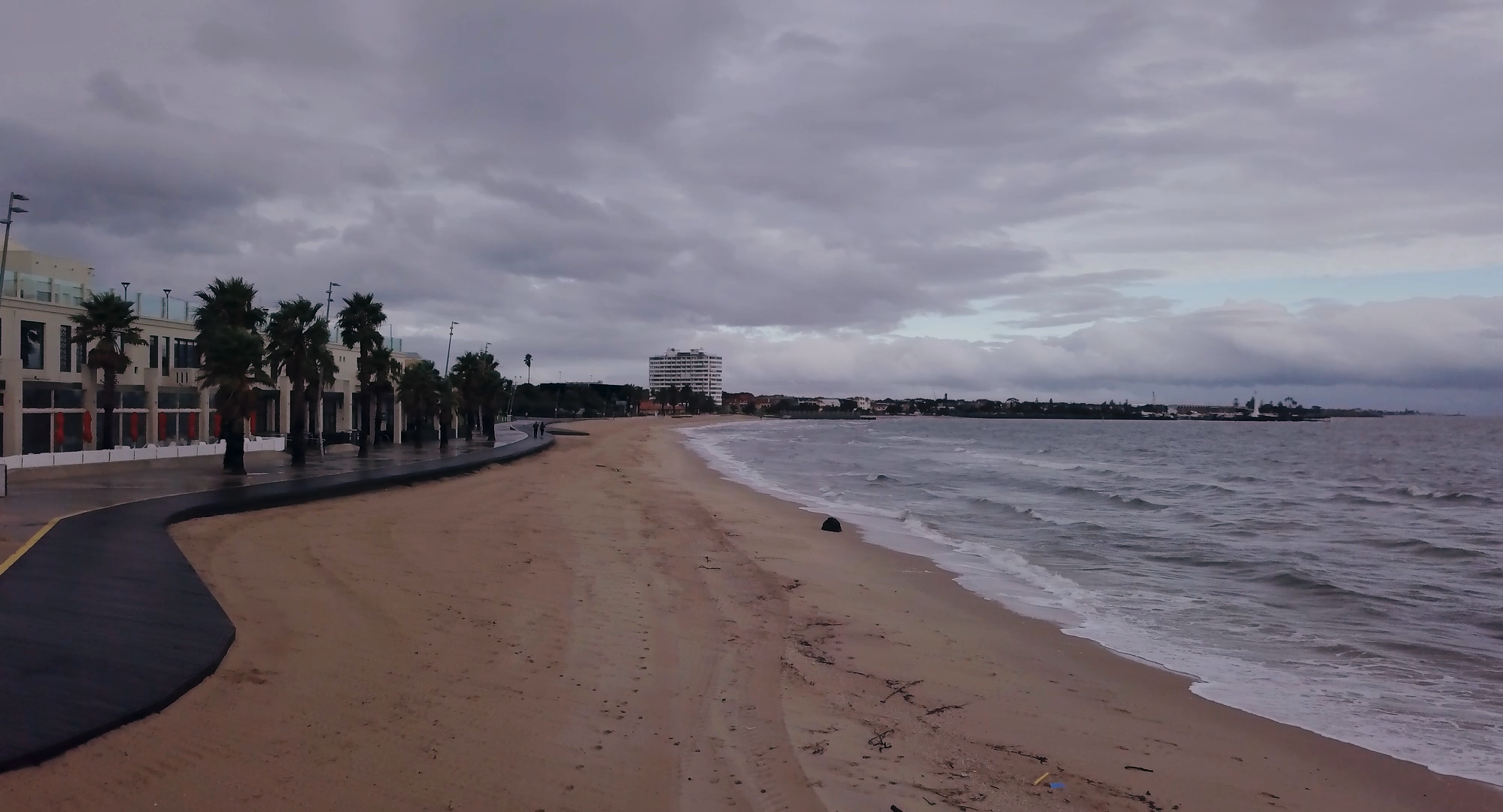
The future
There’s no certainty about what the future holds and although Australia seems to be over the worst of the pandemic, concerns about the long term economic impact and the possibility of a 2nd wave present a continuing threat.
All we know is that we’ll continue to fall back on the principles upon which the business was founded and have served us well to this point. From that perspective and in hindsight it’s comforting to know the steps we took amounted to small yet vital adjustments as opposed to wholesale changes.
At the moment Rounded is well placed and moving into the 2nd half of 2020 with hope and optimism that we will continue to help freelancers and sole traders around the world to run better businesses.
All pictures ©️grantmccall.com
Join newsletter
ABOUT ROUNDED
Invoicing and accounting software for sole traders. Get paid faster and relax at tax time.
